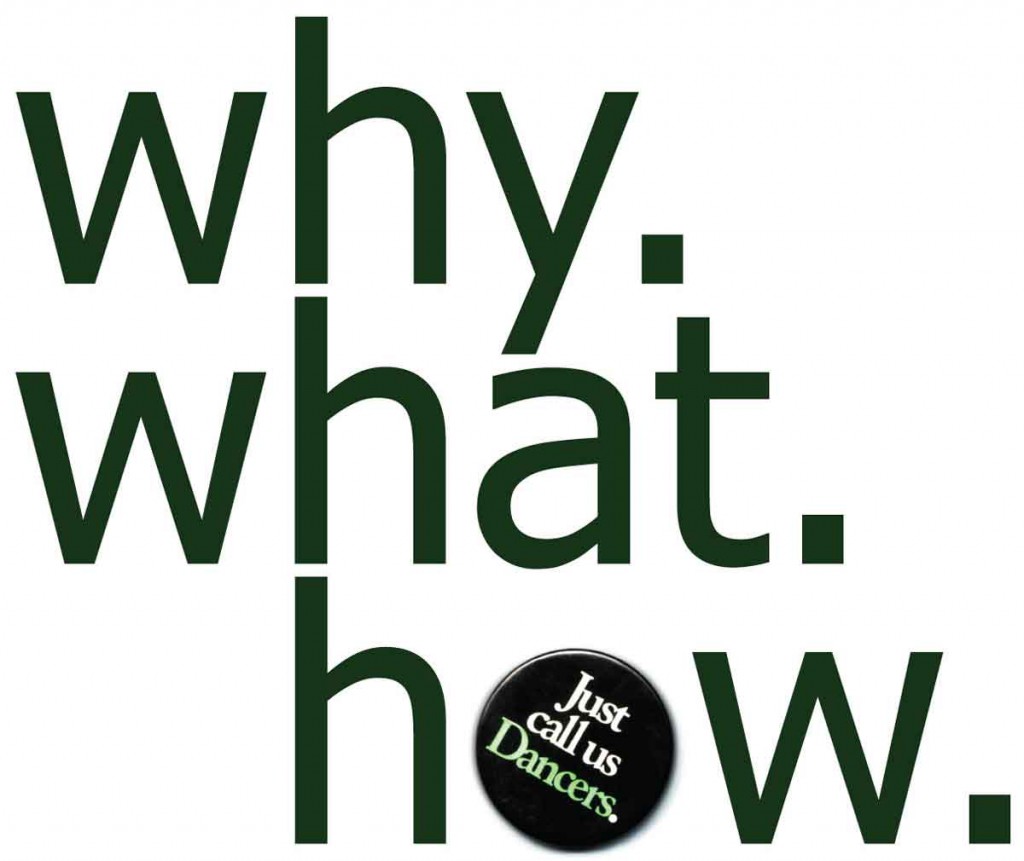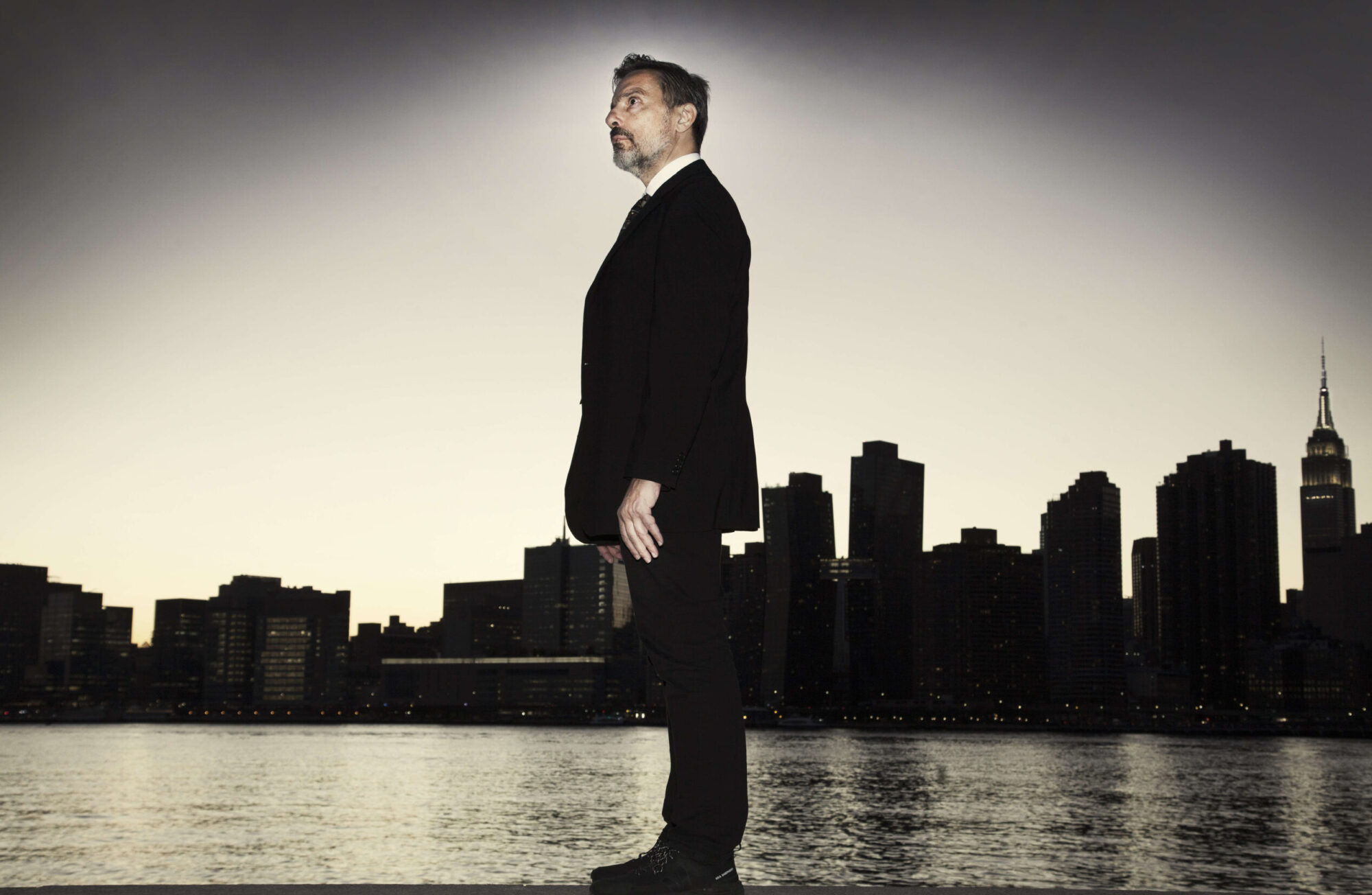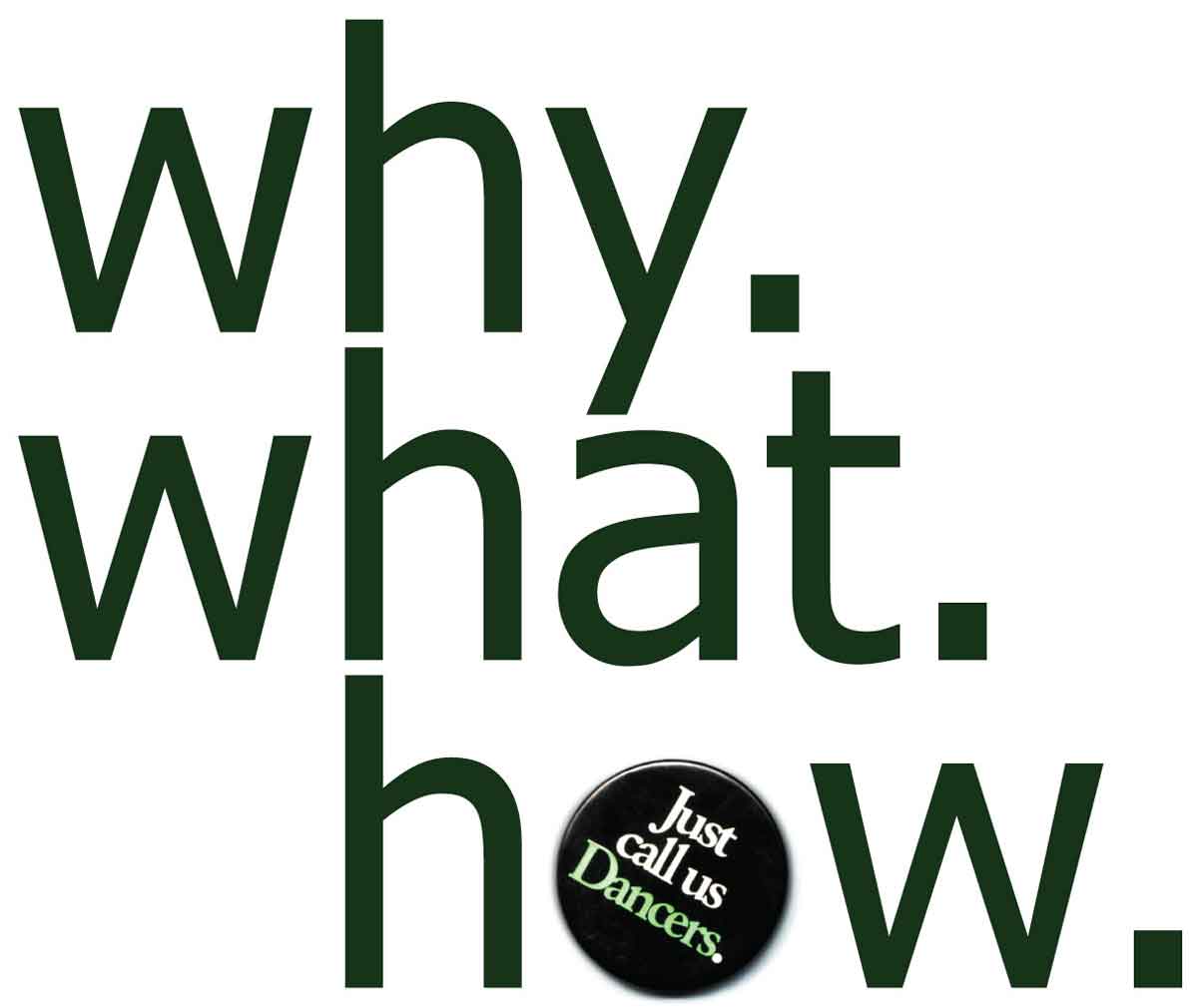International Oral History Association Conference
16-19 September 2025

Re-Thinking Oral History
Beyond Words:
Crafting Oral Histories in Dance and the Arts
Visual Presentation by Ricardo Viviani
18th of September 2025 11:00
Knowledge that is not documented often faces the risk of being forgotten.
With the rise of Large Language Models (LLMs), knowledge that is primarily non-logocentric —knowledge that doesn’t rely on words or traditional text— risks falling behind in the rapidly evolving digital landscape.
In fields like the performing arts, particularly in theatrical dance (the focus ofmy oral history community), the processes of decision-making, contextualization, and articulating non-logocentric knowledge into oral histories require specific skills.
These skills can be shared and expanded, especially within communities like theatrical dance, which transcend national borders and foster deep, personal communication and skill exchange over decades.
In this presentation, I will share my approach to creating oral histories indance, which often reflect broader transnational social and politicaldevelopments from the 1940s to the present. My methodology aims toarticulate this knowledge and create transnational legacy maps that preserveand highlight the richness of non-logocentric knowledge.


